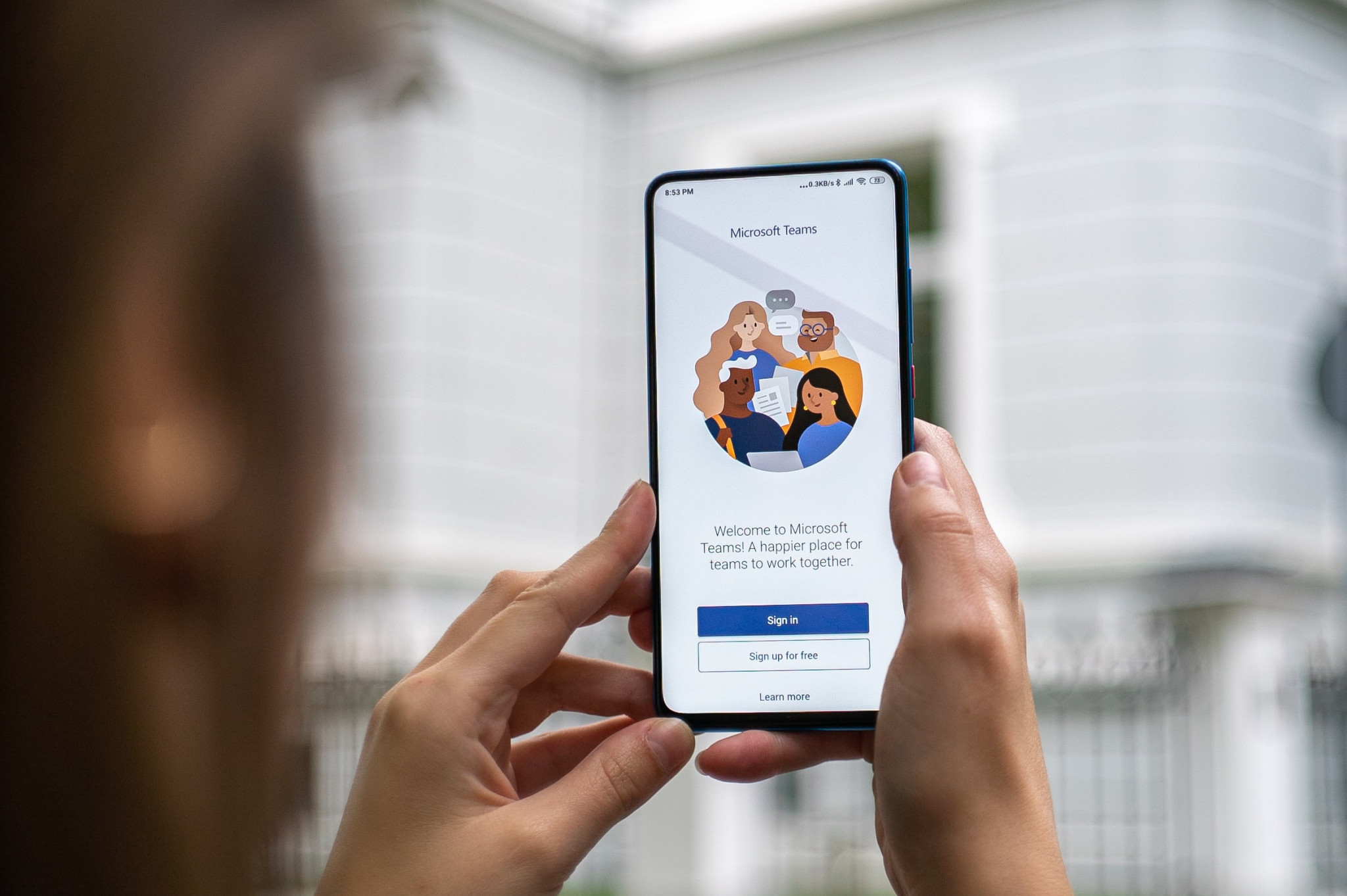WEBINAR: How does gym culture need to change to promote eating disorder prevention and recovery?
Date and time: Thu, 2 March 2023, 12:00 – 13:30 GMT
Eating disorders occur in people of all ages, genders and backgrounds, including those who are regarded by society as being extremely fit and ‘healthy’. With the rise of social media and the popularity of fitness communities online, individuals are increasingly exposed to new pressures to conform to the body ideals we see online, as well as compete with the latest fitness challenges. It is important we tackle the subject of physical activity, sports and gym culture so we can begin to understand what role it plays on influencing body perception, dissatisfaction and the risk it holds for an individual developing serious mental health difficulties.
Meet the panel:
In case you missed it…
A few more questions answered
Q: Hello, I had a question if that’s ok? I was recently listening to MyHappyPlace podcast with Craig David. During this podcast he described his difficulties with an addition to exercise. He went on to describe all the signs and symptoms of an eating disorder. Whilst I want you to hear that I do not want to challenge his perception of his difficulties, it did make me wonder/question the acceptance and/or stigmas between these two diagnoses? I wonder if this is something you have noticed in the work you do?
A (George): Compulsive exercise/exercise addiction isn’t currently something that you can be diagnosed with. Exercise addiction is 3.5 times more likely in people with eating disorders compared to those without, and research has shown it seems to exist in around 8% of general exercisers. Exercise, as we know, is seen as a ‘wonder drug’ by many and I would argue this messaging makes it much less likely to be recognised as an issue and maybe more likely to be something someone may identify as (due to it being such a praised behaviour). I haven’t heard the podcast episode you are referring to, nor would I make a judgment on the person even if I had, but just some thoughts!
Q: Interested to hear Christian’s experience of an approach from a fitness trainer. I think the words he used were along the lines of ‘be more of a man’. How do you feel the fitness industry and organisations such as CIMSPA can set standards that are more mindful of eating disorders and ensuring appropriate messaging?
A:
Q: What is the best way to educate gym go-ers as well as those working in the fitness industry? It feels very much like a “fitness bubble” that only those who are in it have any influence.
A (George): I mentioned during the talk about the study from Stoyel and colleagues that spoke about how athletes’ social circles tend to get smaller as their behaviours get more extreme (Link to paper). I think it is likely similar for people within fitness who engage in extreme behaviours. This, I my opinion, means that a potential avenue is to utilise the people who still exist within their ‘bubble’ (i.e. PT’s, Coaches, Influencers, etc). So educating these people, and encouraging them to talk about the nuances and potential risks within the fitness world, as well as positive ways to engage with it, is my best bet.
Q: Great to see recognition of the importance of exercise. Lockdown demonstrated how gyms can be so important for many experiencing an ED. Would love to hear thoughts on how we can appreciate/respect exercise as someone’s coping mechanism and/or important to their mental wellbeing, but not exacerbate their ED?
A (Zoe): Exercise is important, absolutely. It can be a great way to relieve stress, this is where the questions around the need/desire to exercise could be explored. Does the individual NEED to exercise – do they have feeling of guilt and shame if they do not? or do they want to exercise to relieve some stress and move in a way that can be beneficial to their wellbeing. Exercise does not have to be the gym as we spoke about in the webinar, sometimes a walk and some fresh air can release those chemicals in the brain.
A (George): I think the key is the ‘meaning’ behind ones exercise. As we spoke about during the talk, I think the key is to encourage exercise as fun, as play, and as a way to explore how you feel in your body.
Resources and Further Reading…
Watch the animation mentioned in the webinar (and please fill out the short survey before/after to help with our research.)
Young peoples’ stigmatizing attitudes and beliefs about anorexia nervosa and muscle dysmorphia. Click here to read.
Tod, D., Edwards, C., & Cranswick, I. (2016). Muscle dysmorphia: current insights. Psychology research and behavior management, 179-188. Click here to read.
Edwards, C., Molnar, G., & Tod, D. (2017). Searching for masculine capital: Experiences leading to high drive for muscularity in men. Psychology of Men & Masculinity, 18(4), 361. Click here to read.
Further reading by Dr Christian Edwards: https://eprints.worc.ac.uk/view/author/Edwards=3AChristian=3A=3A.html


